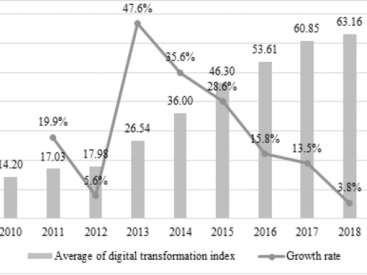The transformative effects of artificial intelligence are coming faster than we recognize. For government, it poses an enormous opportunity for unprecedented efficiency. But, it also brings a host of regulatory challenges. The rise of artificial intelligence (AI) technology has significant implications for state and local governments. One of the main implications is the potential for AI to improve the efficiency and effectiveness of government services. For example, AI-powered chatbots can provide 24/7 customer service for citizens, while machine learning algorithms can analyze large amounts of data to identify patterns and insights that can inform decision-making. Additionally, AI can be used to automate routine tasks, such as processing paperwork and data entry, freeing up government employees to focus on more complex and value-added tasks. However, there are also concerns about the impact of AI on jobs and privacy, and governments will need to consider these issues as they implement AI-based solutions. Analysts hail AI as the next wave of technology. So I tried it out with the new chatbot, ChatGPT . I asked it to tell us about the implications of AI for government and federalism, and the bot wrote the first two paragraphs above. The result: Not too bad. […]
K&X Design and Investment Technology, LLC
Invest The Invisible Impact
K&X Design and Investment Technology, LLC
Invest The Invisible Impact



